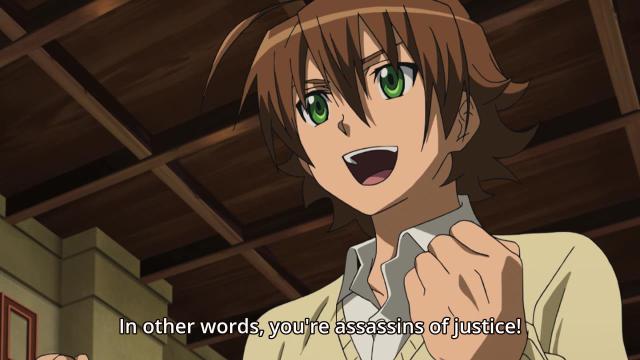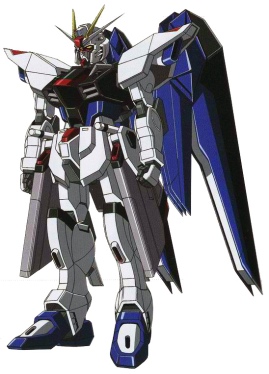I’ve warned people. I told them it’d be bad. I told them there’s a reason the messages in this show trouble me so. They thought I was just being overly sensitive. Well, episode 4 happened, so let’s talk about it.
Introduction: Weaponized Light Novels, Handle With Extreme Caution:
Plenty of media pieces convey opinions I don’t share. It’s not bad, it’s an opinion. An unexplored political opinion, a “normative message” (“this is how things should be”) is harmful. You can pick it up, but you should be aware of what its ramifications are, you should look clearly at what it’s actually saying.
Light Novels often contain an underlying subtext that is at best naïve and divorced from reality, and at worst poisonous. A lot of it can be chalked up to “wishful thinking” or “fantasies”, whether they are power fantasies where we get to do as we wish with our power, or ones where we’re smarter than everyone else and they despise us for it, or even where our moral superiority over others should give us more rights, affirming our deeply-felt belief that we are somehow better than those around us, who do not acknowledge us.

Many light novels and anime works, heck, many films, video games, etc. are appreciated not in spite of the subtext, but because of it. We all watch and play stuff for the fantasies they empower and engender within us; that’s fine. If anything, it’s the opposite of escapism, tackling things we cannot handle in life on our terms.
And then we have messages such as the ones in Mahouka Koukou no Rettousei, that seem benign, but are deeply insidious and had even caused much harm in the real world, and which make me shake my head mightily and cry out, “No. This is not fine.“
Mahouka Koukou no Rettousei begins with the usual stuff: Presenting a picture of a world where we are glorious, but others just fail to see it, and when they do they flock to us, without us needing to actually do anything about it ourselves.
But then the show takes it further, and argues that people who seek more equality, or dare to oppose the benevolent rule of Capitalism are defeatists who blame others, those who argue for “false equality”, and even terrorists, while trying to present its “Rule of the Inherited Might” as not just benevolent, but “fair”, while it is anything but.
Continue reading →








